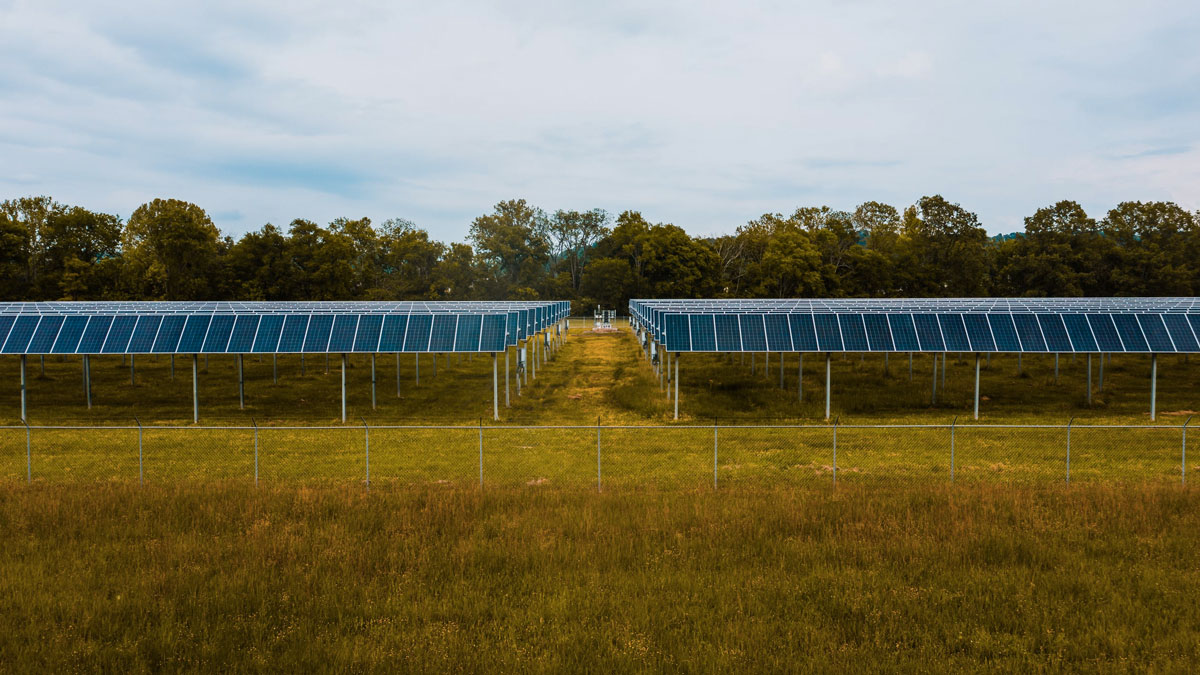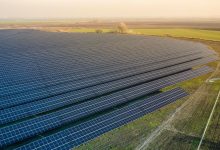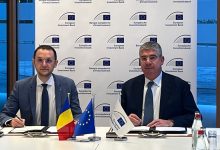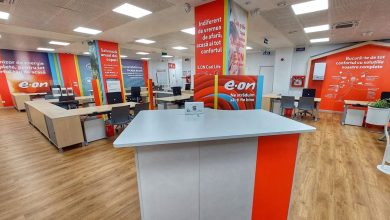EBRD’s First Circular-economy Programme
To address barriers to the transition to a circular economy, the European Bank for Reconstruction and Development (EBRD) is launching a new programme, called the ‘Circular Economy Regional Initiative’, in Turkey and the Western Balkans.
The programme will support investments in the private sector, particularly small and medium-sized enterprises (SMEs), to implement innovative and resource-efficient technologies and adopt circular business models in Albania, Bosnia and Herzegovina, Montenegro, North Macedonia, Serbia, and Turkey.
The Global Environmental Facility (GEF) is funding the programme with USD 13.76 million, which will be blended with EBRD finance of approximately USD 140 million. The programme will be complemented by technical cooperation funding of USD 1 million by the Austrian Federal Ministry of Finance.
The global economy is largely based on a model in which raw materials are extracted, processed, sold, used, and discarded. The resulting environmental impacts are wide ranging and include hazardous chemicals released to the environment, increased greenhouse gas (GHG) emissions, plastics entering the ocean, increased use of land for landfill and greater use of water.
There is a pressing need for transitioning to a circular economy to off-set accelerating pressures from population increase, economic growth and unsustainable resource use in Turkey and the Western Balkans.
The new programme aims to improve chemical and waste management and the security of the supply of raw materials, as well as to increase competitiveness, promote innovation and boost economic growth.
It adopts a regional, performance-based, and innovative interest rate-based mechanism to catalyse the transition to a circular economy. This will be achieved by improving the management of raw materials during the full lifecycle of products; diverting waste from landfills and the marine environment; reducing or avoiding GHG emissions; eliminating, preventing, and improving management of harmful chemicals; and implementing GHG emission control technologies and practices. The innovative pricing mechanism involves reducing the interest rate, based on implementation milestones and circular business strategies.
“We are very happy to launch this new programme and team up with our donor, the GEF, to promote the circular economy in Turkey and the Western Balkans. The EBRD is a frontrunner in this field and has an established track record in financing circular economy projects in the regions where it invests. This innovative programme is now the first of its kind in the target countries with a result-based financing mechanism and a clear link to a circular economy action plan,” Gianpiero Nacci, EBRD Acting Director for Green Economy and Climate Action, said.
Gustavo Fonseca, GEF Director of Programmes, welcomed the programme as a step forward. He said: “The GEF is committed to supporting the transition to a circular economy through adopting resource-efficient technologies and greener corporate practices. Moving from the current unsustainable, linear model to a circular one requires fundamental changes in the way society produces and consumes valuable resources. I am confident that the Circular Economy Regional Initiative will lead to significant impact across the region, with global environmental benefits from improved chemical and waste management, climate change mitigation, and reduced marine litter.”
Since 2004, the EBRD has developed a strong cooperation with the GEF, which has provided grants worth about USD 135 million for co-financing, technical cooperation and concessional finance to help the Bank address climate change and environmental degradation.







